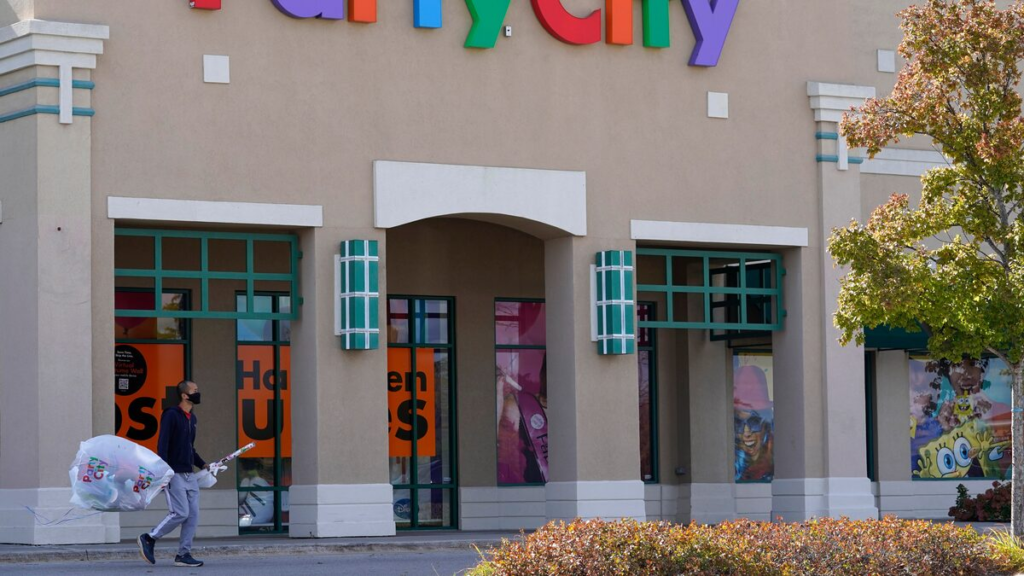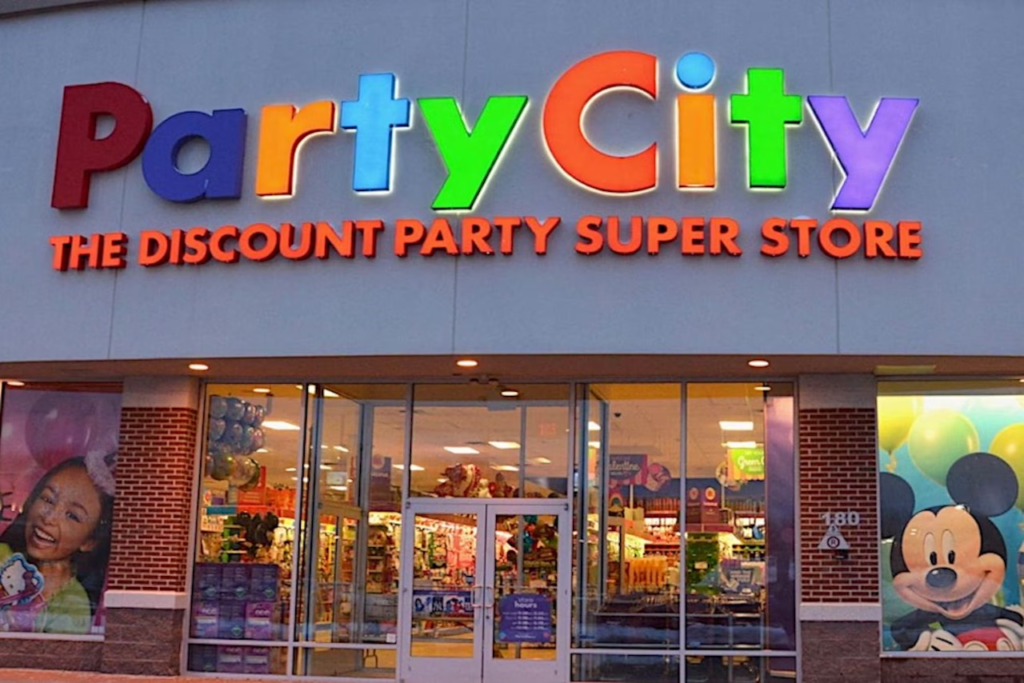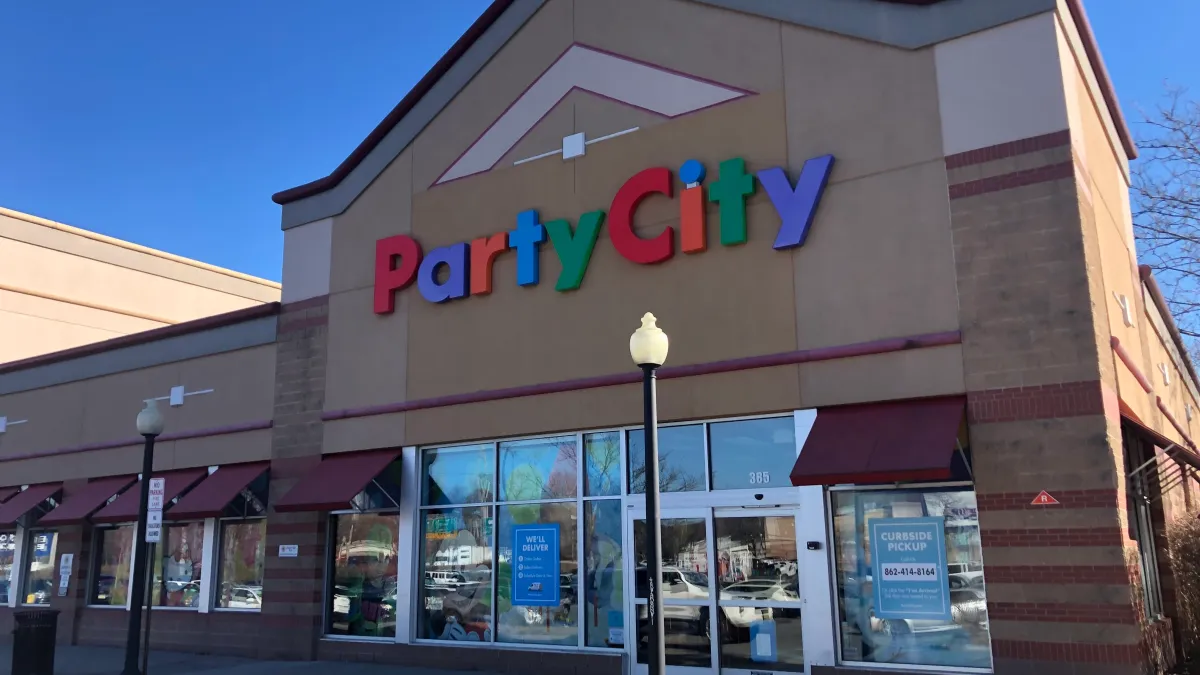In recent years, the retail landscape has seen significant upheaval, particularly in sectors heavily reliant on in-store customer experiences. One such example is Party City, a popular destination for party supplies and festive decorations. The closure of multiple closed party city stores in texas has raised eyebrows and sparked concerns about the future of brick-and-mortar retail. With Texas being one of the largest and most economically diverse states in the U.S., these closures highlight broader trends affecting the retail industry.
Overview of Party City’s Store Closures in Texas
Party City has been a staple for consumers looking to celebrate special occasions, offering everything from balloons to themed party supplies. However, despite its long-standing presence in the retail market, the company has not been immune to the challenges facing traditional retail stores. Over the last few years, a number of Party City stores have closed their doors in major Texas cities like Houston, Dallas, San Antonio, and Austin.
The primary reasons cited for these closures include declining foot traffic, rising operational costs, and increased competition from e-commerce giants like Amazon. In 2023, Party City filed for bankruptcy, a move that was somewhat anticipated by industry analysts. This restructuring effort aimed to alleviate the company’s financial burdens, but it also resulted in a wave of store closures across the country, with Texas being significantly affected.

Why Party City Stores Closed in Texas
The reasons behind the closure of Party City stores in Texas are multifaceted. Understanding these causes sheds light on the broader challenges facing traditional retail stores, especially those that rely heavily on seasonal spikes in demand.
1. The Rise of E-Commerce
One of the most significant factors contributing to the closure of Party City stores in Texas is the growing dominance of e-commerce. Online shopping has become the preferred method for many consumers, particularly for convenience and price comparison. Major online retailers like Amazon offer a wider variety of party supplies at competitive prices, often with the added convenience of fast delivery. As a result, Party City’s physical stores have seen a steady decline in foot traffic, especially during off-peak seasons.
The shift to e-commerce has been particularly challenging for Party City, which traditionally relied on holiday seasons such as Halloween, Christmas, and graduation periods to boost sales. These seasonal peaks have become less profitable as consumers increasingly turn to online retailers for their party needs. In Texas, where vast metropolitan areas are spread out, online shopping offers a level of convenience that many brick-and-mortar stores cannot compete with.
2. High Operational Costs
Another contributing factor to the closure of Party City stores in Texas is the high cost of operating physical retail locations. Texas, while known for its relatively low cost of living compared to other states, has seen rising property values and rental costs in major cities like Houston and Dallas. For Party City, maintaining large store spaces in prime locations became unsustainable as sales declined. Additionally, the costs of utilities, staffing, and inventory management continued to mount, leading the company to reconsider the viability of its Texas locations.
3. Bankruptcy and Corporate Restructuring
Party City’s financial struggles culminated in its 2023 bankruptcy filing, which aimed to help the company restructure its debt and streamline its operations. As part of this restructuring, Party City announced the closure of a significant number of its stores nationwide, including many in Texas. The bankruptcy was not only a reflection of the company’s internal financial difficulties but also an acknowledgment of the shifting retail landscape.
The closures in Texas were part of Party City’s broader strategy to focus on its most profitable stores and strengthen its e-commerce platform. By reducing the number of physical locations, Party City hoped to cut costs and invest in digital initiatives that could help the company compete in the increasingly online-driven marketplace.
4. Changes in Consumer Behavior
Consumer behavior has changed dramatically over the past decade, and Party City is one of many retailers feeling the impact. Modern consumers are more likely to shop based on convenience, value, and personalized experiences. While Party City has a well-established brand, it struggled to adapt to the changing expectations of its customers. The traditional in-store shopping experience that once drew large crowds is no longer as appealing to today’s tech-savvy, convenience-driven shoppers.

In Texas, where many consumers have embraced the convenience of online shopping and delivery services, Party City’s inability to offer a comparable digital shopping experience put it at a disadvantage. Even though the company launched an online store, it struggled to match the offerings and efficiency of larger e-commerce platforms.
The Impact of Store Closures on Texas Communities
The closure of Party City stores in Texas has had a ripple effect on local communities. While Party City may not be as essential as grocery stores or pharmacies, it played a unique role in providing a one-stop shop for celebrations and events. In cities like Austin and San Antonio, where Party City was often the go-to destination for balloons, party favors, and costumes, its closure left a noticeable void.
For small businesses and event planners, the loss of Party City stores has meant fewer options for purchasing supplies quickly and locally. Many have had to turn to alternative suppliers, often at higher prices or with longer delivery times. Additionally, the closure of these stores has resulted in job losses for hundreds of Texans who worked in Party City’s retail locations. The retail sector, which already faces challenges related to automation and the shift to e-commerce, has been further strained by these job losses.
The Broader Retail Trends in Texas
The closure of Party City stores in Texas is part of a larger trend affecting the retail industry as a whole. Texas, with its growing population and robust economy, has traditionally been seen as a strong market for retail. However, even in a state as large and diverse as Texas, traditional brick-and-mortar stores are struggling to compete with the rise of e-commerce and changing consumer preferences.
In addition to Party City, other major retailers have also announced store closures in Texas. Chains like Bed Bath & Beyond, Macy’s, and Pier 1 have all shuttered locations in recent years as they face similar challenges. The retail apocalypse, a term used to describe the widespread closure of brick-and-mortar stores, has affected nearly every sector of the industry, from clothing and electronics to home goods and party supplies.
The Future of Party City in Texas
While the closure of Party City stores in Texas is undoubtedly a setback for the company, it is not necessarily the end of the road. Party City is working to strengthen its online presence and streamline its operations to better compete in today’s digital-first marketplace. In Texas, this could mean a shift away from large retail locations and toward a more focused online strategy, perhaps with smaller, pop-up-style stores that cater to specific events or seasons.

Moreover, the closure of physical stores does not mean that Party City is disappearing entirely from the Texas market. The company continues to operate online, and its products are still available through third-party retailers and delivery services. For consumers who once frequented Party City’s brick-and-mortar locations, this transition may simply represent a new way of accessing the party supplies they need.
Conclusion
The closed party city stores in texas is a reflection of the broader challenges facing the retail industry. As consumer behavior continues to shift toward online shopping, traditional retailers like Party City must adapt to stay relevant. While the loss of these stores has had an impact on local communities and employees, it also presents an opportunity for Party City to reinvent itself in the digital age.
For Texans, the closure of these stores is a reminder of the changing retail landscape. As e-commerce continues to dominate, the future of retail in Texas—and across the country—will likely be shaped by companies’ ability to balance in-store experiences with the convenience of online shopping. The closures in Texas mark the end of an era for Party City, but they also signal the beginning of a new chapter in the company’s evolution.
